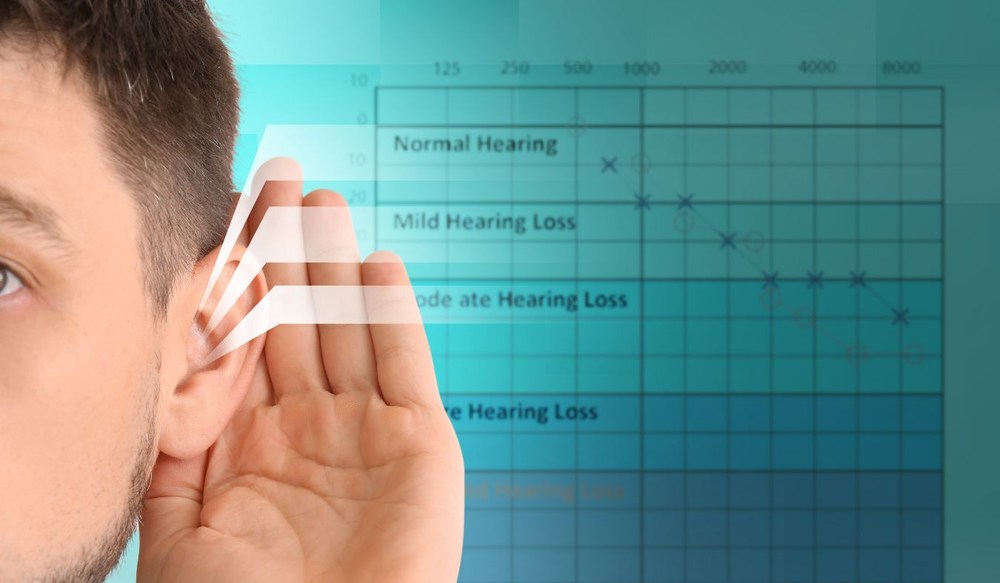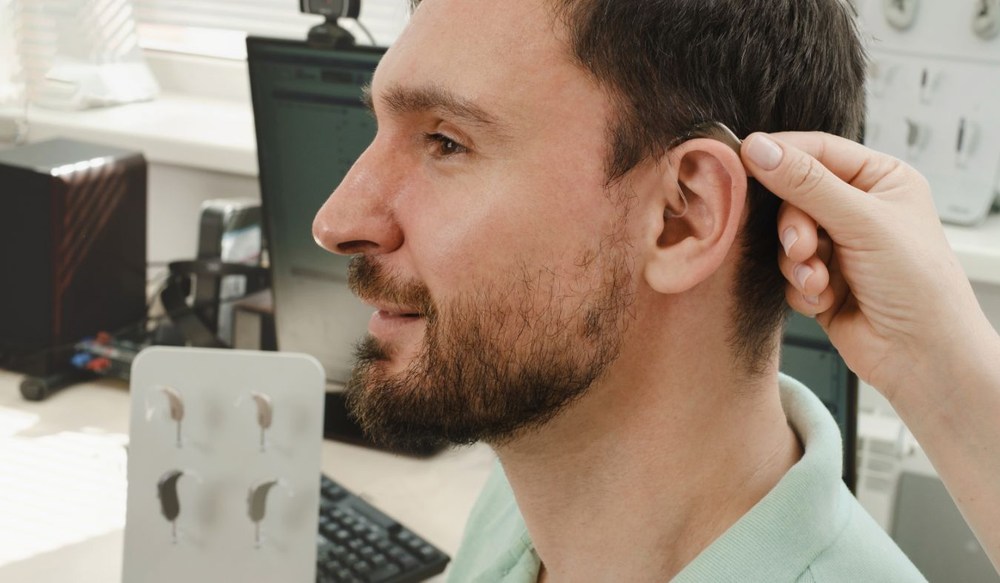How Untreated Hearing Loss Affects Mental Health
Hearing loss often progresses gradually, which can make it difficult to


Hearing loss often progresses gradually, which can make it difficult to

In 2022, hearing aids started being offered over the counter (OTC),

Hearing loss is a common condition that affects millions of people, many